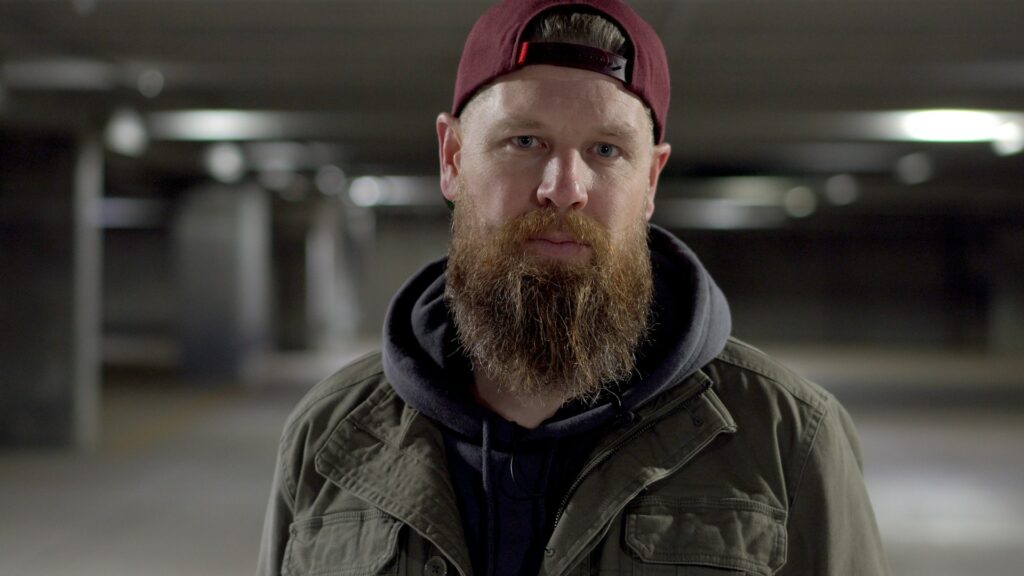Setting boundaries is one of the healthiest things you can do for yourself, but not everyone will take it that way.

Sometimes when you put hard limits in place for what you will and won’t accept in your life, people get defensive, distant, or even angry. Their reactions say a lot, and not just about you. Here’s what their response to your boundary might actually be revealing.
1. They were benefiting from your lack of boundaries.

When someone pushes back against your boundary, it often means they were enjoying the access, control, or convenience that came with you having none. The boundary doesn’t hurt them—it just makes things less one-sided. It’s uncomfortable to realise someone only liked the version of you who overextended yourself. However, setting limits often reveals whether they valued you as a person or just what you provided.
2. They don’t know how to handle not being in control.

People who struggle with control issues often see boundaries as defiance rather than self-protection. When you draw a line, they feel like they’re losing grip not just on the relationship, but on the narrative they’ve been used to shaping. This can trigger deep discomfort in people who rely on control to feel secure. Your boundary challenges that system, and their reaction says more about their inner fear than your request.
3. They take your boundary as a rejection.

Some people haven’t learned to separate someone else’s needs from their own worth. When you set a boundary, they don’t see it as you protecting your energy—they see it as you pulling away or rejecting them entirely. This isn’t necessarily malicious—it can come from insecurity or attachment wounding. Still, it doesn’t make your boundary wrong. Their reaction reveals where they’ve tied their value to your compliance.
4. They’re not used to the dynamic being equal.

If you’ve always been the one who says yes, who gives more, or who compromises first, a sudden boundary shift can be jarring. People get comfortable in uneven dynamics, especially if they’re benefitting from them. When you stop playing the peacekeeper or the giver, it shines a light on how lopsided things have become. Their discomfort shows that equality feels unfamiliar, and that your change is disrupting a power imbalance they’d grown used to.
5. They rely on guilt to maintain connection.

Some people use guilt, not always consciously, to keep you emotionally close. When you try to step back or protect your time, they might frame it as you being cold or uncaring. That pushback is often more about their own emotional dependency than your decision. If guilt is the tool they reach for, it usually means they don’t feel safe with healthy distance. Your boundary exposes how much they rely on emotional closeness that isn’t always mutual or sustainable.
6. They expect relationships to involve sacrifice, not balance.

In some families or cultures, overextending yourself is treated like proof of love. Saying no, even kindly, goes against what they were taught. So your boundary doesn’t just challenge them—it challenges the system they were raised in. This can create discomfort that feels personal, even if it isn’t. Their reaction shows how deeply they equate love with self-sacrifice, and how much unlearning might be involved in accepting your limits.
7. They’re used to getting their way without question.

For people who are used to everyone bending around their needs, a boundary can feel like an insult. It’s not that you’ve done something wrong—it’s that they’re not used to hearing “no” without strings attached. When someone is rattled by a simple limit, it often reveals how little resistance they’re used to facing. That discomfort might be new for them, but it doesn’t mean you owe them anything more.
8. They don’t know how to regulate their emotions.

Sometimes, a strong reaction to a boundary is just emotional immaturity. Instead of responding with curiosity or understanding, they lash out, shut down, or try to make you feel bad. It’s not about you; it’s about how they process discomfort. Emotionally regulated people can handle hearing “no” without falling apart. If someone can’t, it often shows they’ve never been taught how to sit with disappointment without blaming someone else for causing it.
9. They’ve never had to think about your needs before.

For some, your boundary is the first time they’ve had to consider your comfort level or emotional limits. That shift from you adapting to them, to them adapting to you, can feel unsettling, especially if they’ve never seen you push back. That discomfort often reveals how much they’ve unconsciously centred themselves in the relationship. Your new boundary might be the first moment that invites them to make space for your humanity, not just your availability.
10. They assume change means something’s wrong.

People often associate boundaries with conflict. If you start asserting new needs or creating space, they might assume something must have gone wrong. Of course, not all boundaries come from rupture—some come from growth. Their reaction may reveal a fear of disconnection or a tendency to catastrophise when relationships change. Your boundary challenges the idea that love has to look the same forever to still be valid.
11. They’re used to using emotional access as a form of control.

Some people use intimacy as leverage. If you limit what you share or how much you give, they might withhold affection, go cold, or try to make you chase the connection. This is emotional manipulation dressed up as normal behaviour. Your boundary interrupts that pattern, which can feel threatening to them. Their discomfort reveals how much of the connection depended on your constant emotional availability rather than mutual respect.
12. They don’t like who you’re becoming without them in charge.

When you start setting boundaries, you naturally grow into a version of yourself that’s more self-assured, aware, and firm. For people who liked having the upper hand, that growth can be uncomfortable to watch. If they respond with sarcasm, criticism, or distance, it often means they preferred the version of you that was easier to influence. Their reaction reveals that your confidence isn’t the problem—it’s their control slipping away.
13. They’re being forced to look at their own behaviour

Boundaries create mirrors. When you say, “this doesn’t work for me,” you’re also saying, “you might need to rethink how you treat me.” That can be confronting, especially for people who aren’t used to being questioned. If someone reacts defensively, it’s often because your boundary is making them reflect on patterns they haven’t had to face before. That tension isn’t your fault, but it does show your boundary is doing exactly what it’s meant to.


